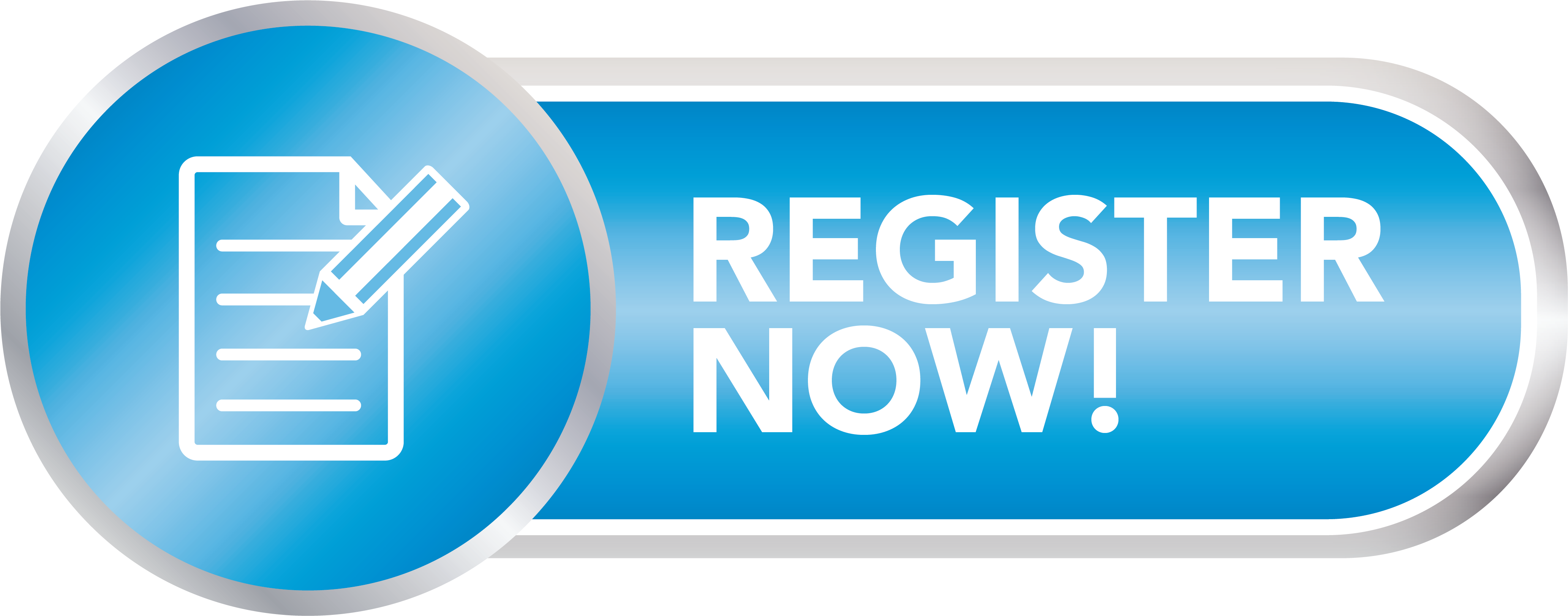Publication Ethics
Publication Ethics
Dharmas Journal of Sport (DJS) is a scientific publication that contains the results of research in the field of Physical education that have never been published. This statement of scientific code of ethics is a statement of the code of ethics of all parties involved in the publication process of this scientific journal, namely managers, editors, peer reviewers, and authors / writers. The statement of ethics code for scientific publications is based on the Regulation of the Head of LIPI Number 5 of 2014 concerning the Code of Ethics for Scientific Publications, which in essence this Code of Ethics for Scientific Publications is essentially upholding three ethical values in publications, namely:
- Neutrality, which is free from conflicts of interest in the management of publications.
- Justice, namely giving authorship rights to those who are entitled as authors / authors.
- Honesty, which is free from duplication, fabrication, falsification, and plagiarism in publications.
Duties and Responsibilities of Chief Editor
- Determine the name of the journal, scientific scope, scale, and accreditation requirements.
- Specify an editor.
- Define the relationship between publishers, editors, bestari partners, and other parties.
- Appreciate things that are confidential, both for contributing researchers, authors / writers, editors, and bestari partners.
- Applying norms and provisions regarding intellectual property rights, particularly copyright.
- Review journal policies and submit them to authors / writers, editors, bestari partners, and readers.
- Create code of conduct guidelines for editors and peer-reviewed partners.
- Posting a journal regularly.
- Guarantee the fact that the source of funds for the sustainability of journal publications.
- Build cooperation and marketing networks.
- improving the quality of journals.
- Preparing licensing and other legality aspects.
Editor's Duties and Responsibilities
- The editor provides comments on the writer's writing so that readers can understand what the author wants to convey, through the comments written on the manuscript.
- The editor provides comments on the writer's writing in accordance with the EBI language (Indonesian spelling) or the language according to the standardization of the journal.
- Editors make efforts to improve the quality of publications on an ongoing basis.
- The editor puts forward freedom of opinion in an objective manner.
- The editor submits corrections, clarifications, withdrawals, and apologies when necessary.
- The editor ensures that the author's writing does not involve SARA or anything that can harm the Publisher and coordinates the author's writing to the editor in chief of the publisher if the writing is a bit controversial.
- The editor receives, reviews, and follows up on complaints from all parties involved in journal publishing.
- Editors support initiatives to educate researchers about publication ethics.
- The editor does not defend his own opinion, author or third party which may result in non-objective decisions.
- Editors encourage authors / writers, so that they can make improvements to the paper until it is fit for publication.
- Editor layouts the manuscript to be published so that it fits the journal template.
- The editor assists the editor in chief in finalizing the collection of manuscripts before printing and publication, especially in terms of language, format and layout.
Duties and Responsibilities of Bestari Partners
- Provide objective and unbiased written feedback on the scientific value and contribution of manuscripts to the development of knowledge.
- Shows whether the manuscript writing is clear, complete, and relevant, and whether the manuscript is in accordance with the scope of the journal.
- Do not provide personal criticism or comments.
- Maintain the confidentiality of the manuscript, by not discussing it with unrelated parties, or disclosing the information contained in the text to other parties.
Duties and Responsibilities of Website Administrators
Website administrator is a person who is responsible for managing the journal website. Specifically, the scope of the Website Administrator's duties are as follows:
- Set up a journal website.
- Configure system options and manage user accounts.
- Register for editors, reviewers, and authors.
- Manage journal features.
- View report statistics.
- Uploading / publishing papers that have accepted status.











